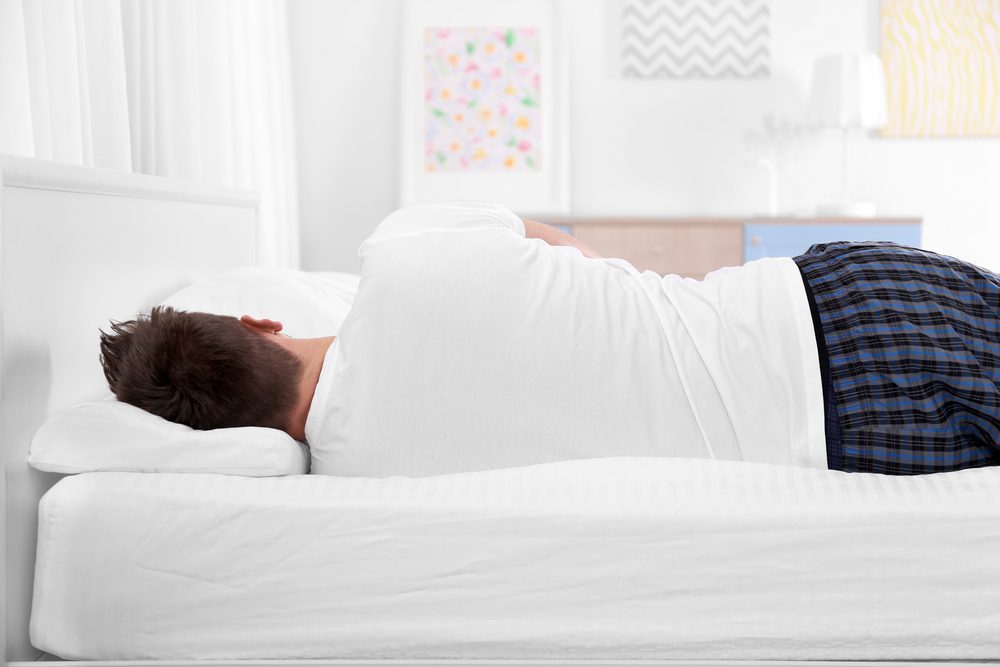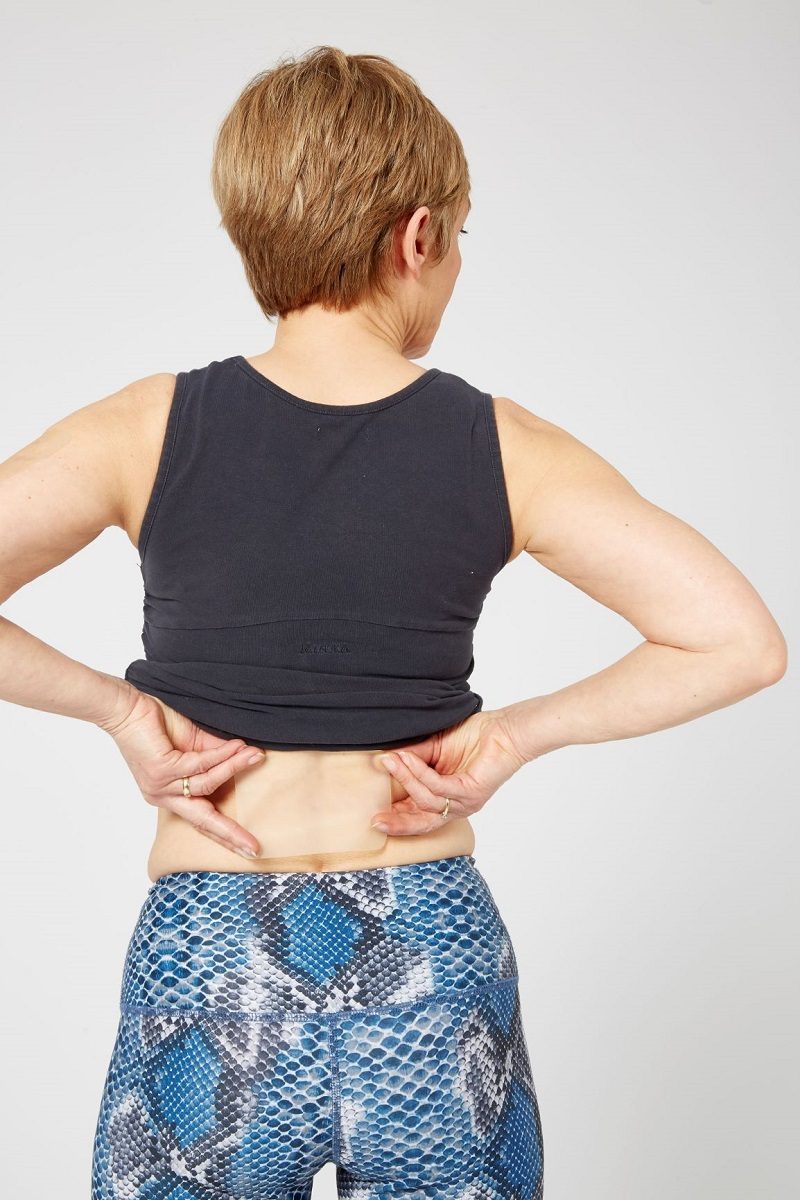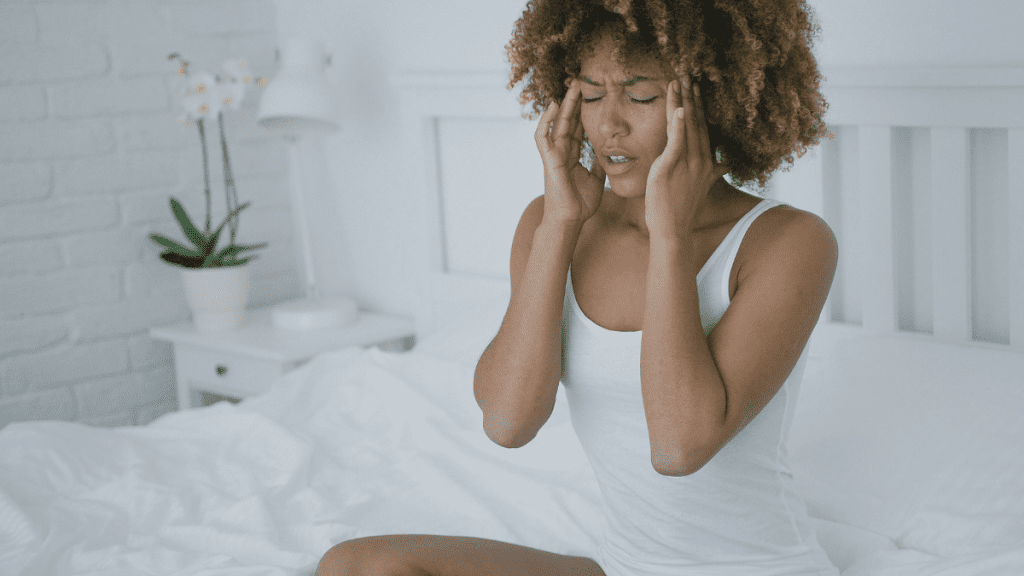
If you wake up with aches and pains every morning, know that you’re not alone. The vast majority of people have experienced back pain at least once in their lives and on a global scale it’s the number one cause of disability. But if you think your mattress is linked to your back issues, then it’s probably time to invest in a new one.
Back pain and poor sleep tend to go hand in hand. Lack of sleep can have an impact on your overall health, mood and ability to work, which is why it’s so important to think about your mattress and whether or not it suits your body. A comfortable, supportive mattress can make all the difference between a blissful night’s sleep and a night of suffering. But choosing a new mattress is a complex decision, so consider all of the relevant factors before you take the plunge.
What is the Best Mattress for Back Pain?
There’s no general consensus on what makes the perfect mattress. Leigh Hank, Assistant Professor at Clinical Orthopaedics at Yale School of Medicine, explains that there are no definite measures to use when buying the right one. This is because the best mattress for you will depend on your personal needs. Plus, every brand rates mattress firmness according to their own standards, and what’s comfortable for one person may not be for somebody else.
Firmness vs support
Often people conflate ‘firmness’ with ‘support’, but it’s not true that the firmer the mattress, the more support it gives you.
For example, a memory foam mattress may be considered soft but offer ample support for side sleepers, who need a mattress that will fit the contours of their body and relieve pressure on specific points.
It’s also worth considering that heavier people put more pressure on the mattress; a large man, for example, will need something firmer and thicker than a petite woman, but she may need more support for her body shape.
So what should I choose?
Research shows that medium-firm mattresses tend to be the best for back pain, as they offer both comfort and support. The British Chiropractic Association and the Sleep Council agree that mattresses should be supportive, rather than firm. Although firmer mattresses offer a good level of support, most people find them uncomfortable to sleep on – not the ideal outcome.
If you’re suffering from back pain and you’re not sure whether your mattress is the culprit, the Sleep Council’s bed MOT is a great place to start. The aim of the test is to help you figure out if your bed is affecting the quality of your sleep.

How to Choose the Best Mattress for You
If you’re in the market for a new mattress, make it your mission to find one that supports your back and gives you the correct spinal alignment. But finding the best mattress for lower back pain will depend on your own needs and preferences. So, when you’re shopping around, consider these factors:
1. Pick your material
Mattresses come in a range of materials with their own pros and cons. Here are a few of the popular options:
- Innerspring – contains coils that provide support and bounce; the level of support depends on the number of coils and their strength
- Memory foam – contains a memory foam core that moulds to your shape
- Latex – contains latex, a more sustainably sourced material which also moulds to your shape to relieve pressure
- Hybrid – a mix of innerspring, memory foam or latex layers which may provide the perfect combination for your requirements
- Air – each side has a separate chamber of air that can be adjusted according to the sleepers’ preferences
2. Think about your sleeping position
To make mattress buying even more complicated, your sleeping position also has a part to play. That’s because your usual sleeping position affects how your weight is distributed across your bed, as well as across your body. So if you’re specifically looking for a new mattress or mattress topper for back pain, be sure to think about the way you sleep.
- Back sleepers can generally adjust to a range of mattress types
- Side sleepers tend to prefer softer mattresses with memory foam or latex support that can adjust to their contours
- Stomach sleepers need a medium firmness to support their body when the majority of their weight is concentrated on their stomach

3. Test your mattress before you buy
Testing a mattress before you buy is a wise decision. That doesn’t mean lying down on it for a few seconds in a showroom – it means testing a mattress over time to make sure it’s right for you. Some mattress companies now offer extended risk-free trials, which make life even easier. In some cases, you can try a mattress for up to one year and still choose to return it.
If you don’t have the budget for a new mattress, memory foam toppers could be a good compromise, depending on your needs.
Get a Pain-Free Sleep with To Better Days Patches
Once you have your mattress and sleeping position mastered, you’re already on your way to better sleep and a healthier back. But there are still some great options for easing any discomfort that may be lingering.
Try applying our active patches at night to soothe discomfort and increase your chances of getting a good night’s sleep. To use, just apply them to the area where you’re experiencing pain. With a patented combination of nutrients and vitamins, our patches can help to improve the health of your nerves, joints or muscles – wherever you need it most.

Back pain can have a serious impact on your overall health and wellbeing. So if you find yourself struggling to sleep at night and suffering with pains during the day, consider switching your old mattress for something supportive. The right mattress can have a huge effect on the health and mobility of your back. Just take the time to think about what’s right for you and try before you buy – you won’t regret it.



